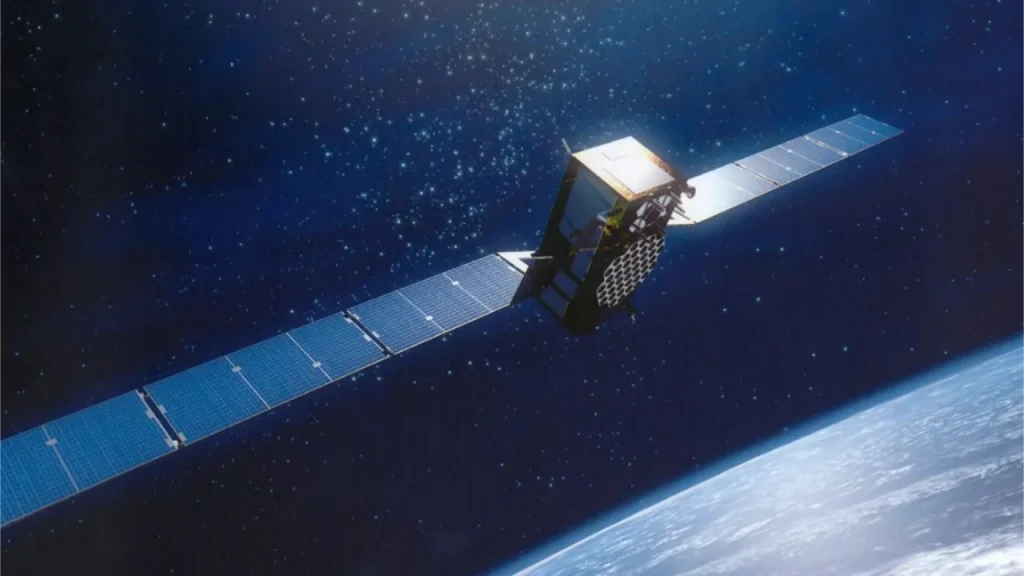- Germany’s defence minister Boris Pistorius highlighted Russia’s tracking of German and allied satellites as a growing space threat.
- The use of satellites in warfare is now a key focus for NATO, with space being declared an operational domain since 2019.
What happened: Growing Russian space activities target military satellites
Germany has raised concerns about Russia’s increasing activities in space, accusing Moscow of tracking military satellites used by the German military. Defence Minister Boris Pistorius revealed that Russia’s Luch Olymp surveillance satellites were shadowing Intelsat satellites, which various governments use. He warned that Russia and China’s rapid expansion of space warfare capabilities poses a serious threat, as these nations can disrupt, blind, or destroy satellites.
Pistorius made these remarks at a space industry conference in Berlin on Thursday. He stressed the importance of NATO developing offensive space capabilities as a deterrent. Pistorius also described satellite networks as the “Achilles’ heel” of modern societies, noting that attacks on them could cripple entire nations.
Russia’s Luch-5V satellite, launched from Kazakhstan’s Baikonur cosmodrome in 2014, has long been involved in shadowing military satellites. Bleddyn Bowen, an associate professor in astropolitics at Durham University, confirmed that Russian satellites have targeted satellites from the US, UK, and France as well.
Also Read: Orange unveils 5G core network as a service
Also Read: AWS unveils new cloud solutions to boost 5G networks for Telcos
Why it’s important
Pistorius’s comments reflect a shift in how Germany and NATO approach space security. Space has become a contested domain, with Russia and China expanding their military space operations. NATO recognised space as an operational domain in 2019, highlighting the growing importance of space in modern warfare.
Professor Bowen pointed out that NATO members, including Germany, are investing more in space security to address these threats. This shift in rhetoric underscores how all NATO countries now recognise the dangers posed by Russia and China’s space capabilities. The growing militarisation of space suggests that conflicts may extend beyond Earth’s atmosphere, changing how nations plan their defence strategies.
These developments have wide-reaching implications, as space-based technologies are critical for everything from global communication to military operations.

